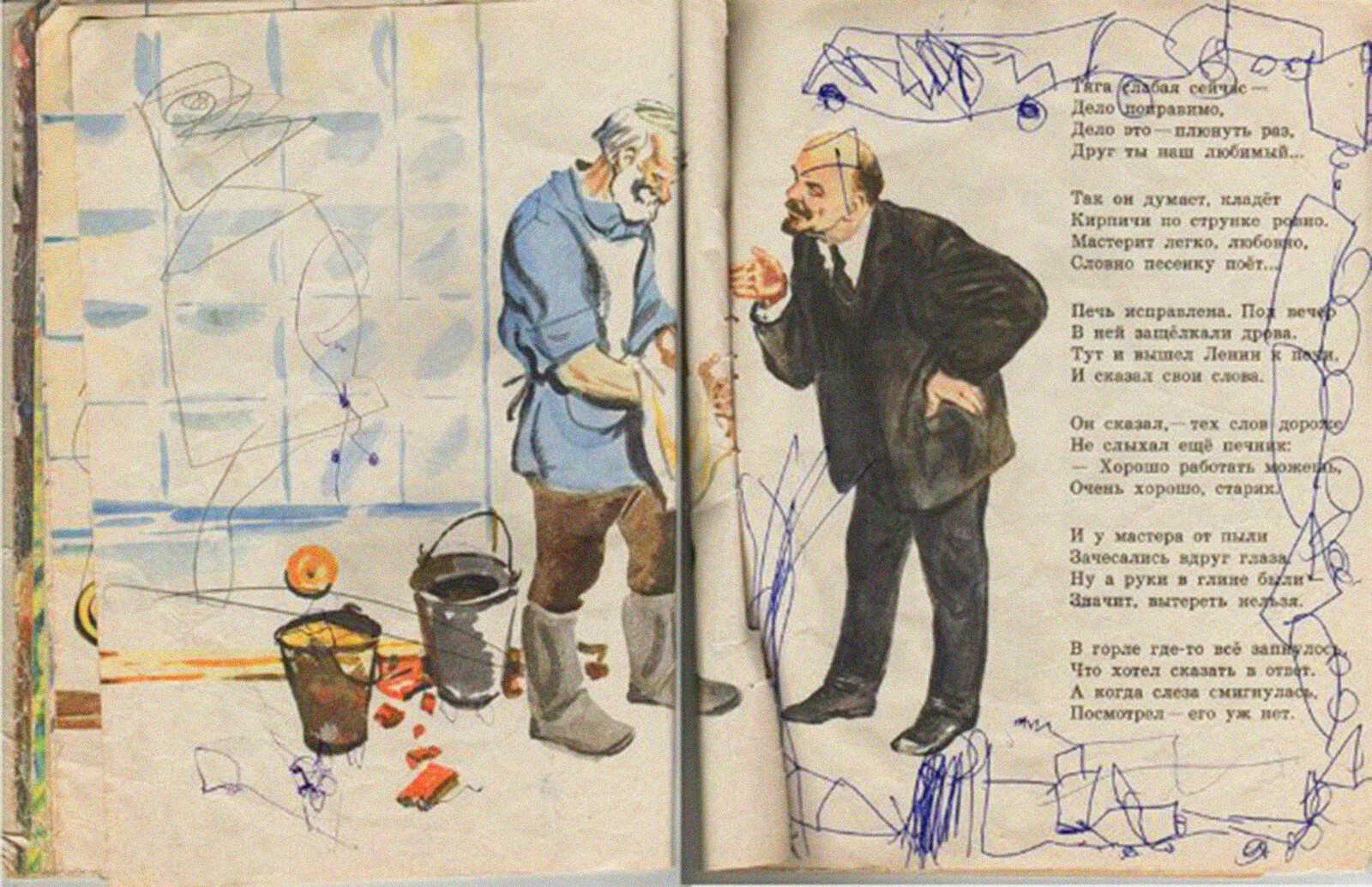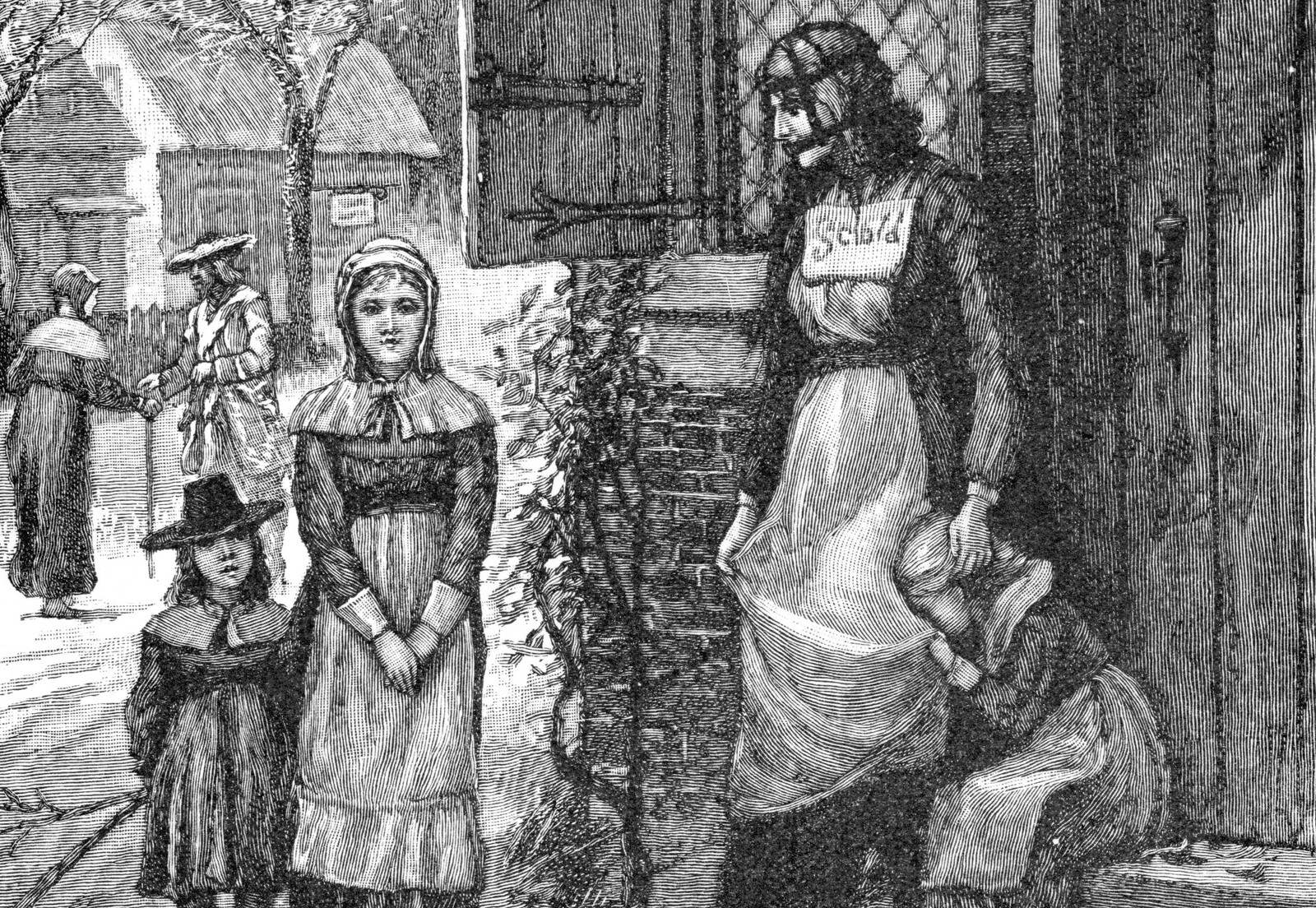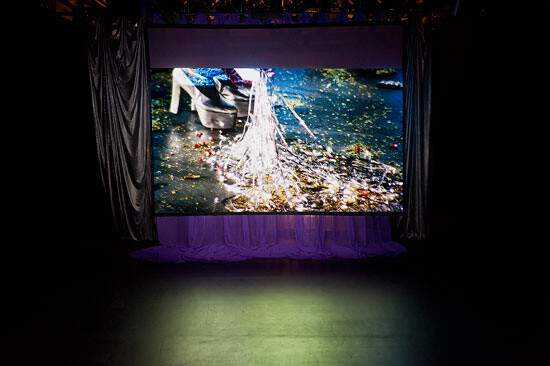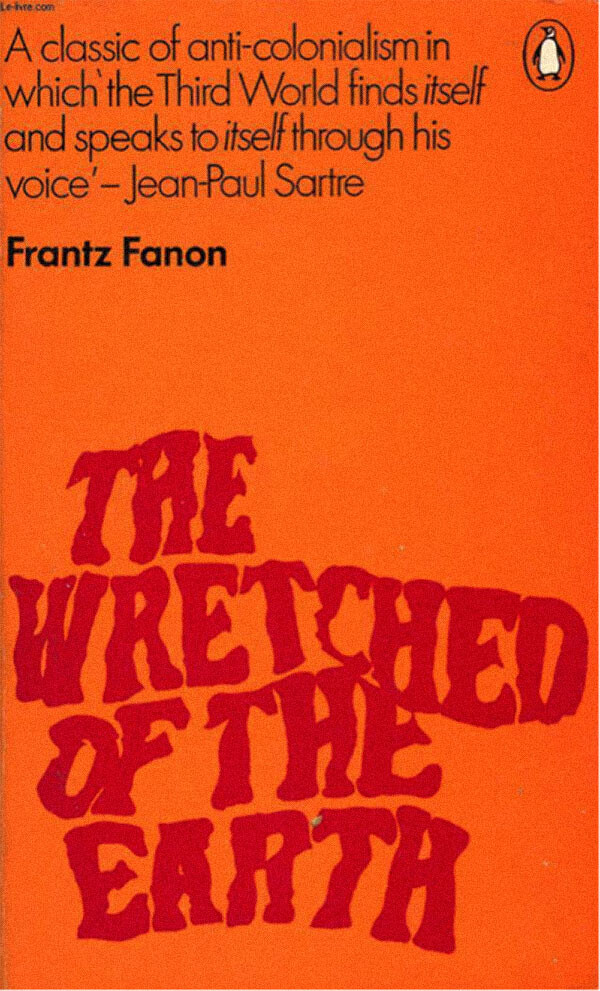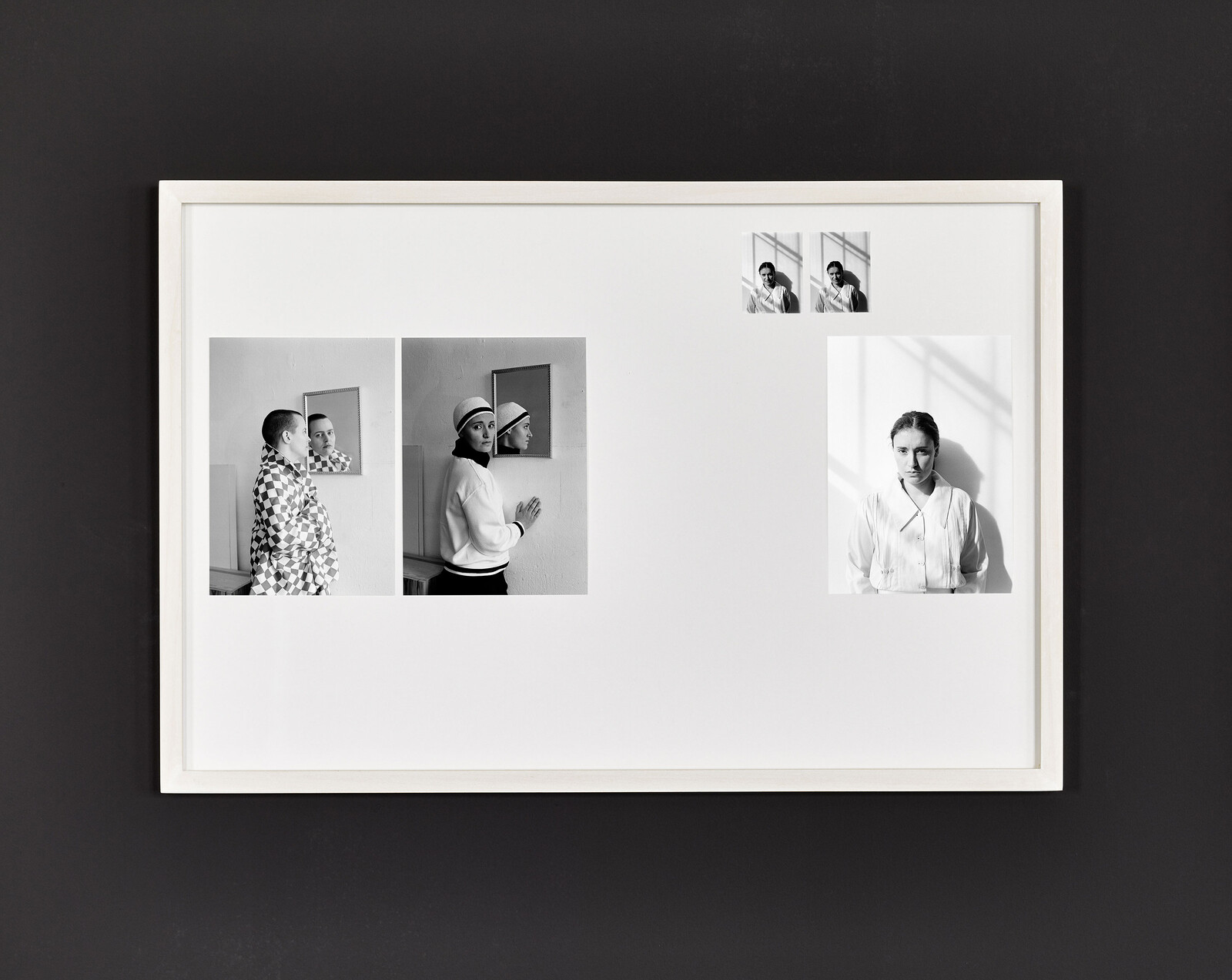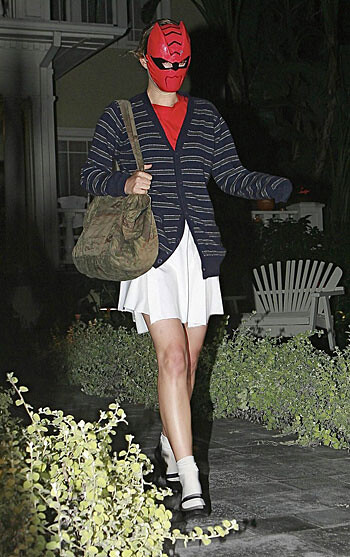In this impersonal multiplicity, there is no one. What does this “no one” mean? It means a structural impossibility for “one” to be. A comrade is never alone—not in the trivial sense that there is always someone else around, but in the more radical sense that you are always many. You are Legion. This is how you succeed in “the fine art of not getting arrested,” persecuted, or burned alive by the inquisitors of your age. When you are many, you turn your back to the police officer and disappear. Comradeship creates a shield against the witch hunters who will try to catch us one by one, but who will never destroy the whole set of alliances that make up the Great Sorcery International. You know what I mean.
Masks
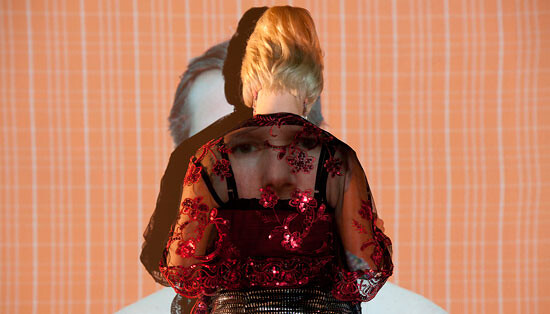
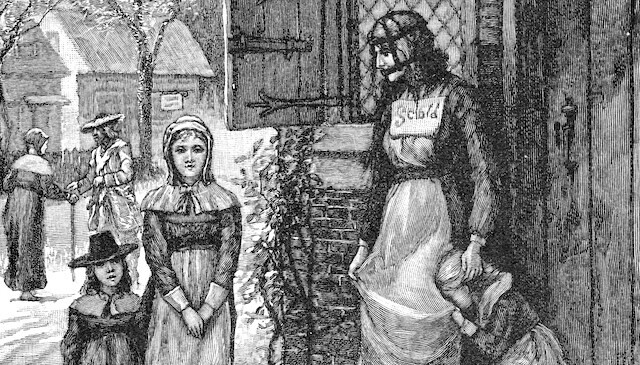
The mask has become an increasingly ubiquitous feature of the Covid-19 world‘s stripped-down public spheres, as well as a (perhaps the) defining emblem of life under lockdown. As the infrastructures of protection become politicized anew, we might attend to the recent and ancient pasts of masks as a means of forecasting the terms of political engagement for the (post-)Coronavirus age. In figuring slippages between recognition and anonymity, performance and diffidence, and dissimulation and defense, how might masks proffer tactics for protection against our current environment‘s multiple and intersecting hostilities—biological and otherwise?
Laughter is a sense-making device in the darkest phases of restraint, and also a means of self-extension. Bodies in pain and souls in fury are fundamentally transformed in sonorous gradations of mirth. “Isn’t laughter the first form of liberation from a secular oppression?” asked Luce Irigaray. Rational terror is pulverized by the Medusa’s laugh—to draw from Cixous’s formulation—an entrapped body given release in her reverberation.
Unlike Isaac Julien’s 1995 documentary feature film Frantz Fanon: Black Skin, White Mask, which depicted Fanon as a psychiatrist, Olsson’s film remains didactic in its approach to Fanon’s text. However, the film reflects another pragmatic philosophy. When we see women fighters in Mozambique at a typing and copying station they have set up for printing and publishing at a forest camp, it becomes evident that for Olsson, knowledge production is key. One of the characters in this scene conveys to the camera something that had previously been unspoken—that a strategy of colonialism was to disempower the native by denying them education. But, if the right to education is a right to freedom, this line of thinking would diverge from Fanon’s thesis on the freedom and liberation of oppressed Algerians: “What is the true nature of violence? We have seen that it is the true intuition of the colonized masses that their liberation must, and can only, be achieved by force.”
Mutual love is often thought of as mutual recognition: I see you for who you are and you see me back. But recognition is inevitably also a naming, a fixing, a pinning down. In order to recognize, you have to categorize, and categories are notoriously inflexible. Recognition, if understood as a projection that disallows the evolution of self and identity, becomes restrictive rather than liberating. However inadvertently, the recognition required for mutual love can easily slip into a form of control.
